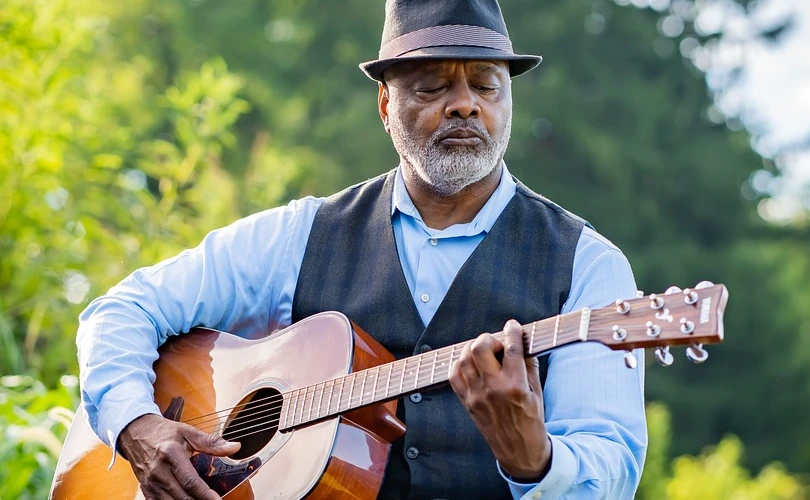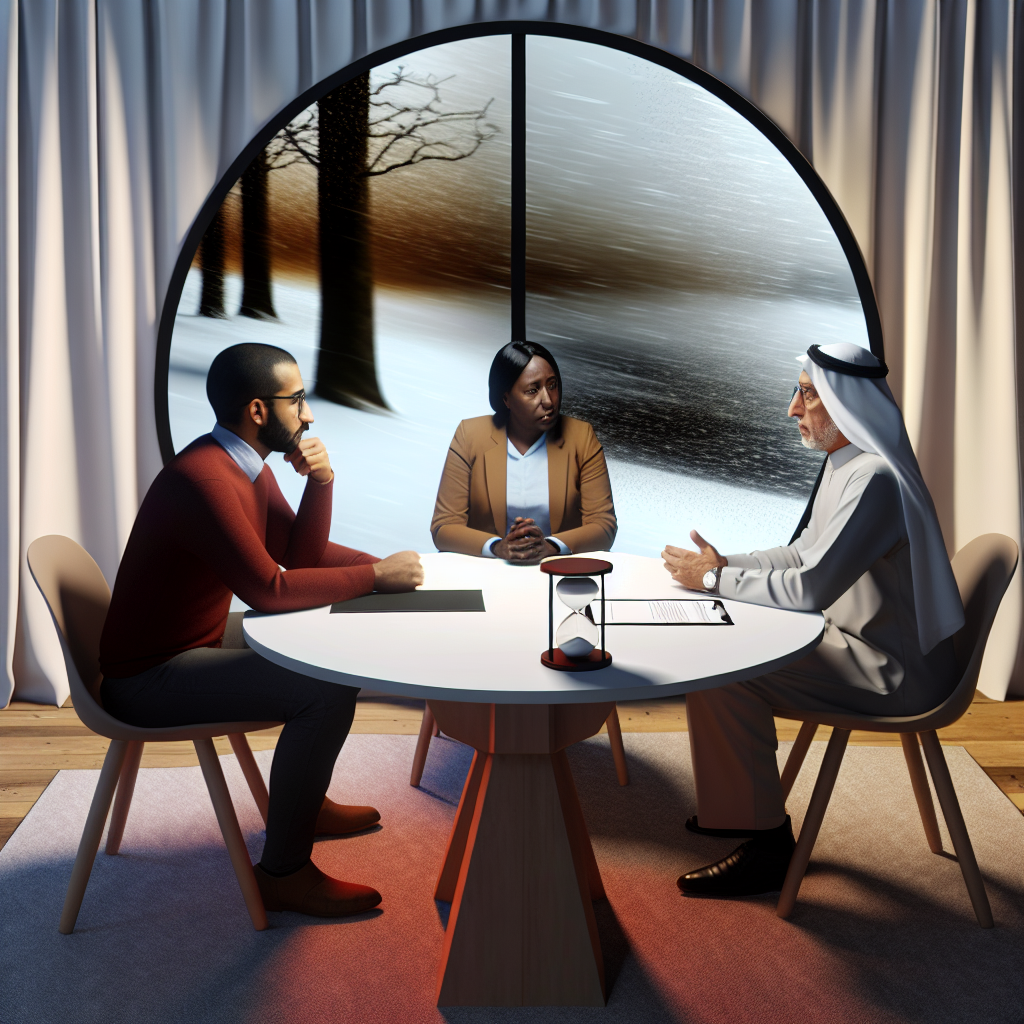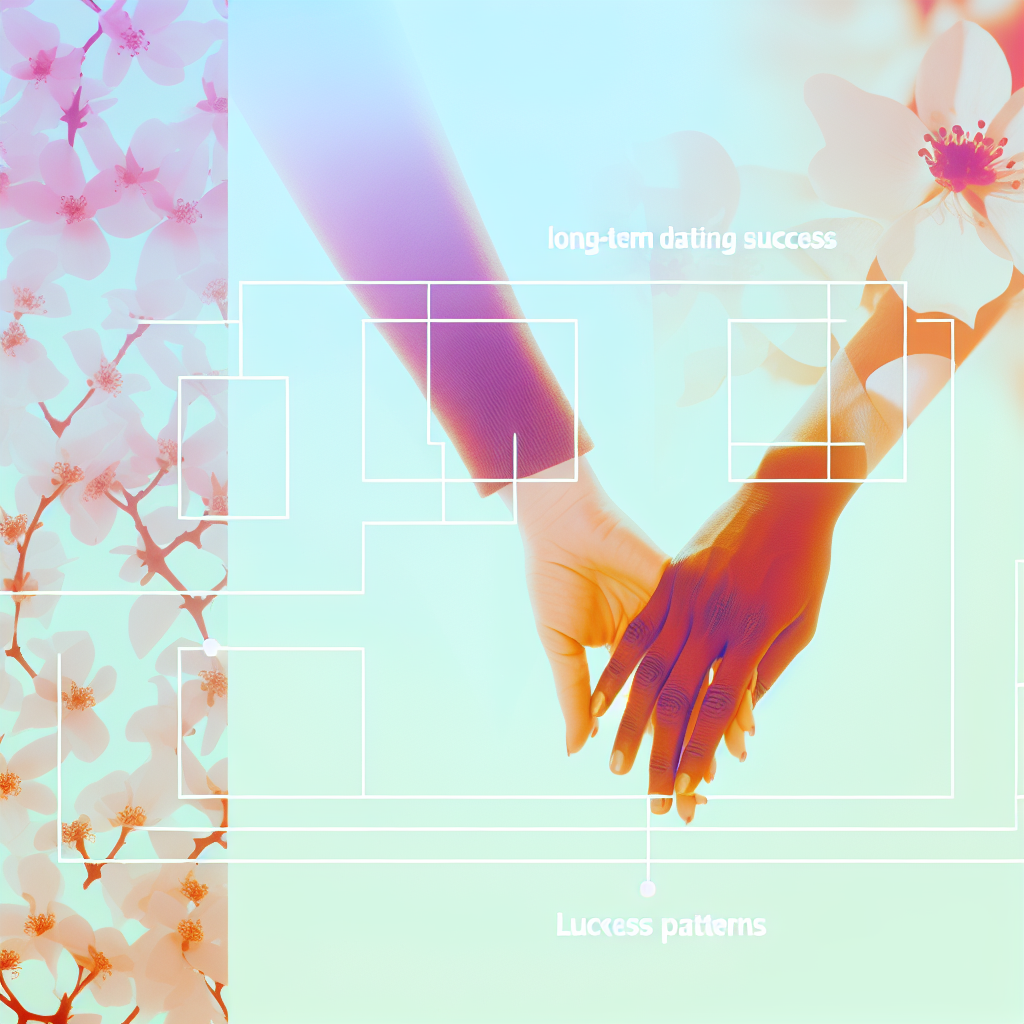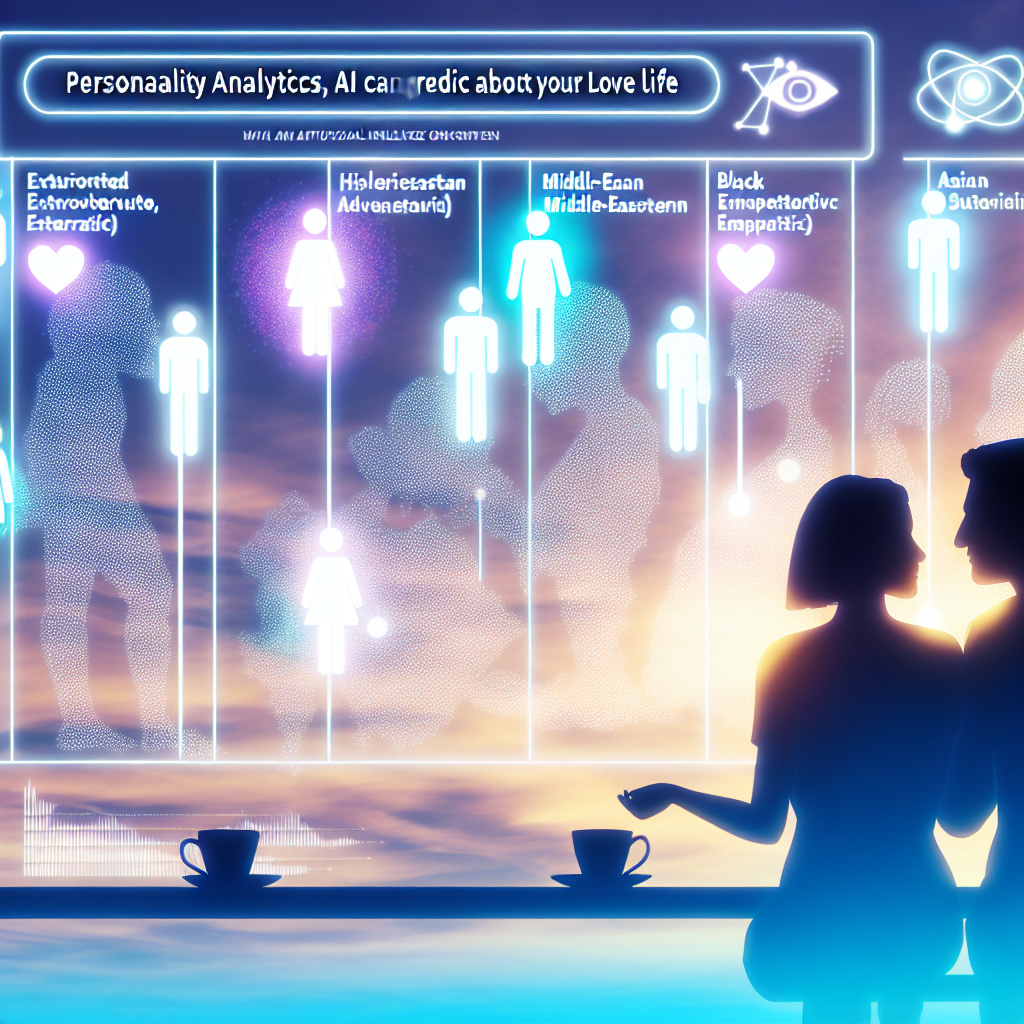A spouse’s death is a life-changing tragedy that impacts all elements of your life. It’s natural to grieve, but you may ultimately feel ready to start dating again. However, this is not a choice to be taken lightly. Before dating, think about your emotional health, your children’s needs, and what you desire for yourself.
It’s critical to understand that certain family members and friends may oppose your desire to date again. They may be uneasy with your new connection or believe you should wait longer than necessary. Don’t let their ideas cloud your judgment about what’s best for you and your family.
Emotions of guilt and sadness might hinder the desire of a widow or widower to resume dating over their departed spouse. These emotions are often heightened when the death is sudden or unexpected.
The death of a spouse is one of the most terrible events a person can go through, and the recovery process may be long and challenging. Establishing a new relationship might be especially difficult for a widow or widower. On the one hand, they may experience loneliness and a longing for company. On the other side, they may feel terrible about moving on from their departed spouse, as if doing so is a betrayal of their memory.
These contradictory feelings might be more severe if the death was unexpected or abrupt. In such instances, the surviving spouse may feel rushed to say goodbye and may be tormented by emotions of remorse or unfinished business. They may find themselves revisiting their spouse’s dying moments in their minds, wondering if there was anything they could have done differently to avert the catastrophe.
At the same time, the mourning process may be protracted and complex, and the prospect of exposing oneself to fresh love and vulnerability can be intimidating. The widow or widower may be concerned about being able to trust someone fresh and may feel betrayed by even considering the prospect of a new relationship.
Surmounting Challenges
Despite these obstacles, many widows and widowers eventually find new love. They may seek out support groups or counseling to help them work through their grief and guilt, and they may take things slowly when starting a new relationship. Finally, the decision to resume dating is profoundly personal, and each person must forge their way through the complicated emotions accompanying the loss of a marriage.
Some people decide to date again months or even years after a loss, while others wait until they are well into their mourning process to meet the ideal companion. It is a personal decision that should be taken with the help of a specialist.
Grieving and transitioning to a new relationship is a complex process. When you meet someone new, it’s typical to feel contradictory feelings such as love and remorse. If you are feeling overwhelmed by your late spouse’s loss and your feelings for your possible new partner, it is wise to pull back from the connection.
You should also expect your new companion to be different from your previous one. They will have their personality, hobbies, and life experiences. Acknowledging that the distinctions between your new companion and your departed spouse contribute to their compatibility with you is critical.
A typical fear among widows and widowers is whether their children will be able to cope with their parent’s new love relationship. Addressing this with your children, regardless of age, is critical. It would help if you clarified that your new partner will never be a replacement for your husband but rather a loving addition to your family.
Creating a blended family following the death of a spouse is difficult, but it is doable with patience and dedication to your new connection. It is simpler to handle hurdles and go on in life when you have the support of your loved ones. Following these recommendations, you may develop a joyful and healthy new relationship that benefits your entire family.

Dominic E. is a passionate filmmaker navigating the exciting intersection of art and science. By day, he delves into the complexities of the human body as a full-time medical writer, meticulously translating intricate medical concepts into accessible and engaging narratives. By night, he explores the boundless realm of cinematic storytelling, crafting narratives that evoke emotion and challenge perspectives. Film Student and Full-time Medical Writer for ContentVendor.com




